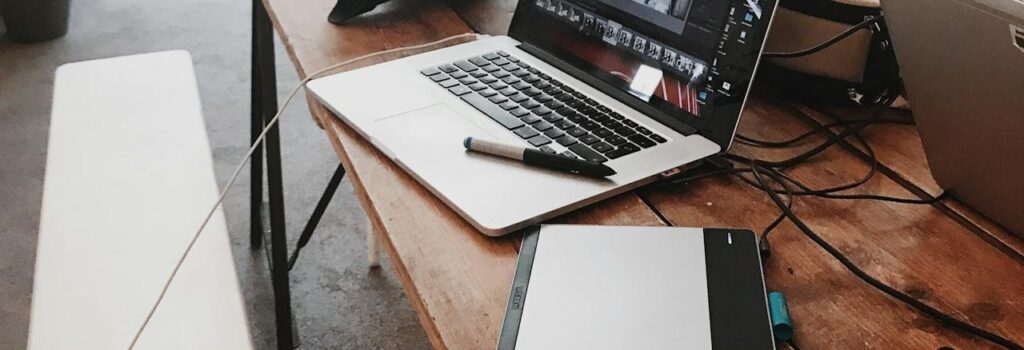By Livy Beaner // SWNS
NEWS COPY W/ VIDEO + INFOGRAPHIC
It takes up to two years to get your workspace just perfect, according to a new study.
Ahead of Get Organized Day on April 26, the poll of 2,000 U.S. office workers found only 40% are 'very satisfied' with their current workspace, be it from home or from an office.
Those who were unsatisfied blamed the lack of space (48%), back pain from their chair (34%), and their area being too messy (32%).
Overall, 79% of people take pride in their workspace setup and 86% see their workspace have a “huge” or “moderate” impact on their happiness.
Commissioned by Mind Reader and conducted by OnePoll, the study found 83% feel more productive if their workspace is organized and — if it were more organized — believe they could increase their productivity by 38%.
Three-quarters said they’d even consider sharing their workspace with a famous daytime talk show host if they could. Top picks for celebrity co-workers include Drew Barrymore (21%), Kelly Clarkson (19%) and Jennifer Hudson (15%).
Over half (58%) said they were “professionally organized” but admitted they’re personally chaotic. In fact, people felt the most organized in their work (61%) and least organized in their mental health (27%).
Compared to other aspects of their life, 77% said their workspace is more organized than the rest. Enough so that 47% believe their loved ones would be surprised to see just how organized their workspace is.
Respondents also shared the trends they’ve tried in the past five years to help keep them organized: decluttering their digital space (35%), minimalism (32%) and using space-saving or multi-functional products (27%).
As a result, 83% swear the trends they’ve tried have effectively improved their organizational skills.
“It’s natural for us to feel more productive when we’re in an environment that is comfortable and organized,” said Glenn Goldberg, Head of Marketing at Mind Reader. “Our goal is to offer simple solutions to daily workspace problems that will have a big impact on organization, creativity and productivity. ‘Get Organized Day’ is a moment in time to motivate people to reorganize their workspaces and embrace that fresh feeling of productivity that comes as a result.”
The survey also found that where one works matters. Nearly half (47%) said they work remotely to some capacity of their job.
If they’re working from home, 59% said they still prefer to work from a desk, while others change spots throughout the day (18%), work from their dining room (17%) or exclusively from bed (16%).
Remote workers said the best parts of working from home are not having to commute (50%), dressing how they want (48%) and feeling more productive and organized (29%).
More than a quarter (28%) said they work in a hybrid environment, splitting their time between their home and an office for their job. Comparing the two locations, 40% said their in-office workspace is more organized, while 29% said their home workspace is more organized.
However, hybrid workers spend more time customizing their at-home workspace than their office workspace (35%, compared to 27%).
The best parts of working in person or in an office setting are feeling more engaged with coworkers (37%), feeling more productive (29%) and feeling more organized (29%).
“No matter if your workspace is at home or in an office, it’s important for it to meet your needs and feel like your individual space,” continued Goldberg. “By implementing trending, ergonomic or organizational accessories into your workday, we hope it will increase efficiency and create an environment that makes you feel your best.”
TOP 5 ORGANIZATION TRENDS OF THE PAST 5 YEARS
- Decluttering their digital life/space - 35%
- Minimalism - 32%
- Using space-saving or multi-functional products - 27%
- Using printed labels - 24%
- Creating secondary spaces within their home - 22%
Survey methodology:
This random double-opt-in survey of 2,000 Americans who work in an office environment was commissioned by Mind Reader between Mar. 26 and Mar. 31, 2024. It was conducted by market research company OnePoll, whose team members are members of the Market Research Society and have corporate membership to the American Association for Public Opinion Research (AAPOR) and the European Society for Opinion and Marketing Research (ESOMAR).
